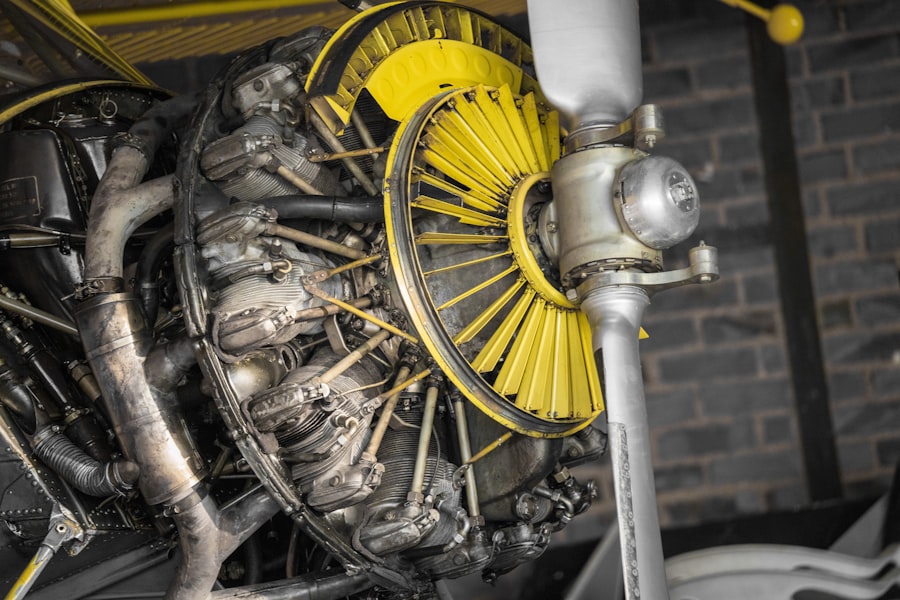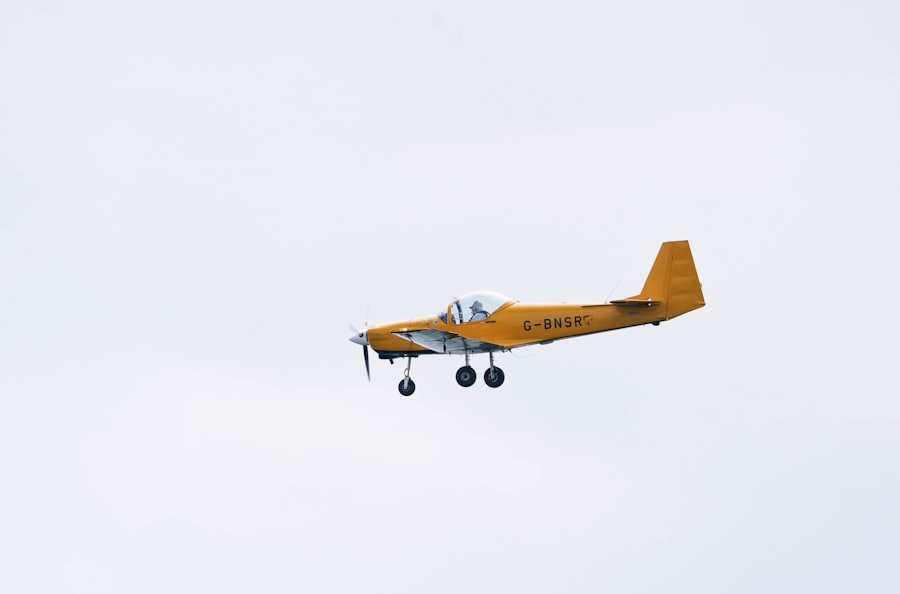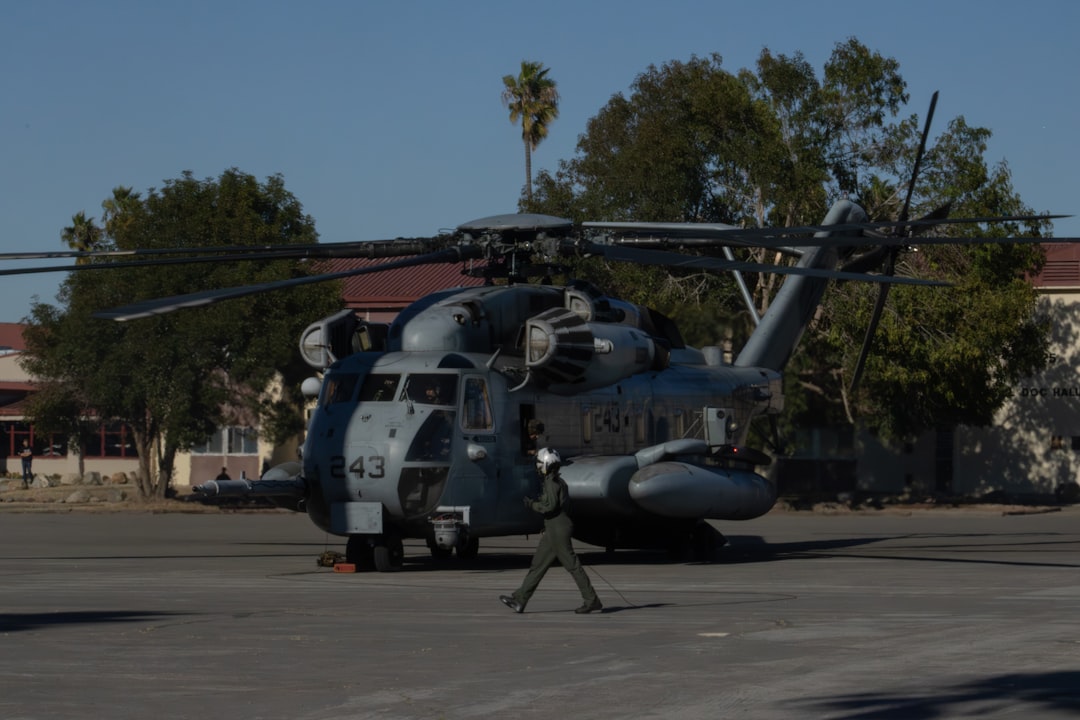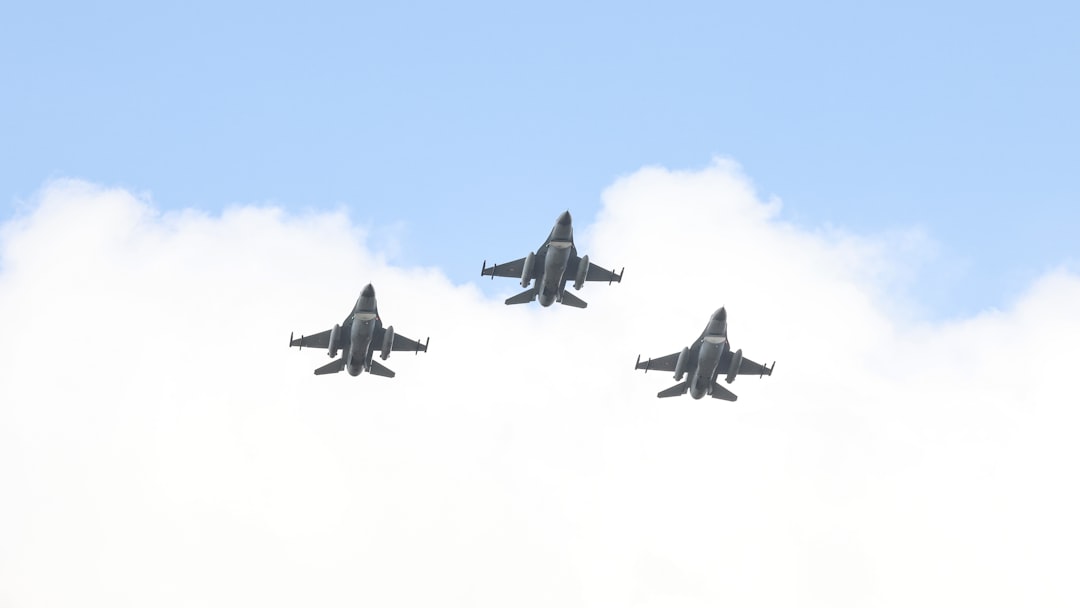Aeronautical mechanics, often referred to as aircraft maintenance technicians, play a crucial role in the aviation industry. Their primary responsibility is to ensure that aircraft are safe, reliable, and ready for flight. This involves a comprehensive understanding of various systems within an aircraft, including engines, electrical systems, hydraulics, and avionics.
Aeronautical mechanics are tasked with conducting routine inspections, performing repairs, and executing modifications to aircraft components. Their work is vital not only for the safety of passengers and crew but also for the overall efficiency of airline operations. The role of an aeronautical mechanic extends beyond mere technical skills; it requires a deep commitment to safety and regulatory compliance.
Mechanics must adhere to strict guidelines set forth by aviation authorities such as the Federal Aviation Administration (FAA) in the United States or the European Union Aviation Safety Agency (EASA) in Europe. These regulations dictate everything from maintenance procedures to record-keeping practices. As such, aeronautical mechanics must be detail-oriented and possess strong problem-solving skills to diagnose issues accurately and implement effective solutions.
Key Takeaways
- Aeronautical mechanics play a crucial role in maintaining and repairing aircraft to ensure safety and performance.
- Selecting the right course with a focus on hands-on training is essential for gaining practical skills.
- Certification and licensing are mandatory to work professionally and advance in the aeronautical mechanic field.
- Building a strong resume, portfolio, and networking effectively can significantly improve job prospects.
- Ongoing education and professional development are vital to stay updated with evolving aviation technologies.
Choosing the Right Aeronautical Mechanic Course
Selecting an appropriate aeronautical mechanic course is a critical step for aspiring technicians. Various educational institutions offer programs ranging from associate degrees to specialized certifications. When choosing a course, it is essential to consider factors such as accreditation, curriculum content, and the institution’s reputation within the aviation industry.
Accredited programs ensure that the education received meets industry standards and prepares students for certification exams. In addition to traditional classroom learning, prospective students should look for programs that offer specialized training in areas of interest, such as avionics or turbine engines. Some institutions may also provide opportunities for internships or cooperative education experiences, which can be invaluable for gaining real-world experience.
Researching alumni success stories and industry partnerships can also provide insight into the effectiveness of a program in preparing students for their careers.
The Importance of Hands-On Training in Aeronautical Mechanic Courses

Hands-on training is a cornerstone of aeronautical mechanic education. While theoretical knowledge is essential, practical experience allows students to apply what they have learned in a controlled environment. Many programs incorporate laboratory sessions where students can work on actual aircraft components or simulators, providing them with a realistic understanding of maintenance procedures.
This experiential learning is crucial for developing the technical skills necessary to excel in the field. Moreover, hands-on training fosters confidence among students. When they engage directly with aircraft systems, they become familiar with troubleshooting techniques and repair processes.
This familiarity is vital when they transition into the workforce, where they will be expected to perform under pressure and make quick decisions regarding aircraft safety. Programs that emphasize hands-on training often produce graduates who are better prepared to meet the demands of employers in the aviation sector.
Career Opportunities for Aeronautical Mechanics
| Career Opportunity | Average Salary | Job Growth (2020-2030) | Required Education/Certification | Key Skills |
|---|---|---|---|---|
| Aeronautical Maintenance Technician | 65,000 | 5% | FAA Airframe and Powerplant (A&P) Certification | Mechanical skills, troubleshooting, safety compliance |
| Avionics Technician | 70,000 | 7% | Associate degree in avionics or electronics, FAA certification | Electrical systems, diagnostics, repair skills |
| Aircraft Inspector | 75,000 | 6% | FAA Inspection Authorization (IA) certification | Attention to detail, regulatory knowledge, inspection techniques |
| Maintenance Supervisor | 85,000 | 4% | Experience in maintenance, leadership training | Team management, scheduling, problem-solving |
| Quality Control Specialist | 72,000 | 5% | Certification in quality management, experience in aviation | Quality assurance, compliance, analytical skills |
| Technical Instructor (Aeronautical Mechanics) | 60,000 | 3% | Experience in mechanics, teaching certification preferred | Communication, technical knowledge, instructional skills |
The career landscape for aeronautical mechanics is diverse and continually evolving. Graduates can find employment in various sectors, including commercial airlines, cargo carriers, military aviation, and private aviation companies. Each sector presents unique challenges and opportunities; for instance, those working for commercial airlines may focus on routine maintenance and inspections, while those in military aviation might engage in more specialized repair work on advanced aircraft systems.
Additionally, aeronautical mechanics can pursue roles beyond traditional maintenance positions. Opportunities exist in areas such as quality assurance, where technicians ensure compliance with safety regulations and maintenance standards. Some mechanics may choose to specialize further by obtaining certifications in specific areas like avionics or airframe systems, which can lead to higher-paying positions or roles with greater responsibility.
The demand for skilled aeronautical mechanics remains strong due to the ongoing growth of the aviation industry and the need for experienced professionals to maintain an aging fleet of aircraft.
Certification and Licensing Requirements for Aeronautical Mechanics
Certification and licensing are critical components of an aeronautical mechanic’s career path. In many countries, including the United States, technicians must obtain certification from relevant aviation authorities to work legally on aircraft. The FAA offers several certifications, including the Airframe and Powerplant (A&P) license, which allows mechanics to perform maintenance on both airframe structures and engine systems.
To qualify for this certification, candidates must complete an approved training program and accumulate a specified number of hours of practical experience. In addition to initial certification, ongoing education is often required to maintain licensure. This may involve attending workshops or completing additional training courses to stay current with technological advancements and regulatory changes in the aviation industry.
Some mechanics may also pursue voluntary certifications from professional organizations, which can enhance their credentials and demonstrate a commitment to professional development.
Building a Strong Resume and Portfolio as an Aeronautical Mechanic

Creating a compelling resume and portfolio is essential for aeronautical mechanics seeking employment in a competitive job market. A well-structured resume should highlight relevant education, certifications, and hands-on experience. It is important to tailor the resume to each job application by emphasizing skills and experiences that align with the specific requirements of the position.
In addition to a resume, a portfolio showcasing practical work can set candidates apart from others. This portfolio might include photographs of completed projects, documentation of repairs performed, or records of successful inspections. Including letters of recommendation from instructors or previous employers can also bolster a candidate’s credibility.
A strong portfolio not only demonstrates technical proficiency but also reflects a candidate’s dedication to their craft and their ability to contribute positively to potential employers.
Networking and Job Search Strategies for Aeronautical Mechanics
Networking plays a pivotal role in securing job opportunities for aeronautical mechanics. Building relationships within the aviation industry can lead to valuable connections that may result in job referrals or insider information about job openings. Attending industry conferences, workshops, and trade shows provides opportunities to meet professionals from various sectors of aviation.
Joining professional organizations such as the Aircraft Maintenance Technicians Association (AMTA) or local aviation clubs can also facilitate networking efforts. In addition to networking, effective job search strategies are essential for finding suitable positions. Utilizing online job boards specifically tailored to aviation careers can help candidates identify openings that match their skills and interests.
Crafting personalized cover letters that reflect an understanding of the company’s mission and values can make a significant impact on hiring managers. Furthermore, leveraging social media platforms like LinkedIn allows candidates to showcase their expertise while connecting with industry professionals.
Continuing Education and Professional Development for Aeronautical Mechanics
The field of aeronautical mechanics is dynamic, with continuous advancements in technology and regulations necessitating ongoing education and professional development. Many employers encourage or require their technicians to participate in continuing education programs to keep their skills current. This may include attending workshops on new aircraft technologies or completing online courses related to emerging trends in aviation maintenance.
Professional development opportunities extend beyond formal education; participating in industry conferences or seminars can provide insights into best practices and innovations within the field. Additionally, pursuing advanced certifications or specializations can enhance career prospects and open doors to leadership roles within organizations. By committing to lifelong learning, aeronautical mechanics not only improve their own skill sets but also contribute positively to the safety and efficiency of the aviation industry as a whole.




